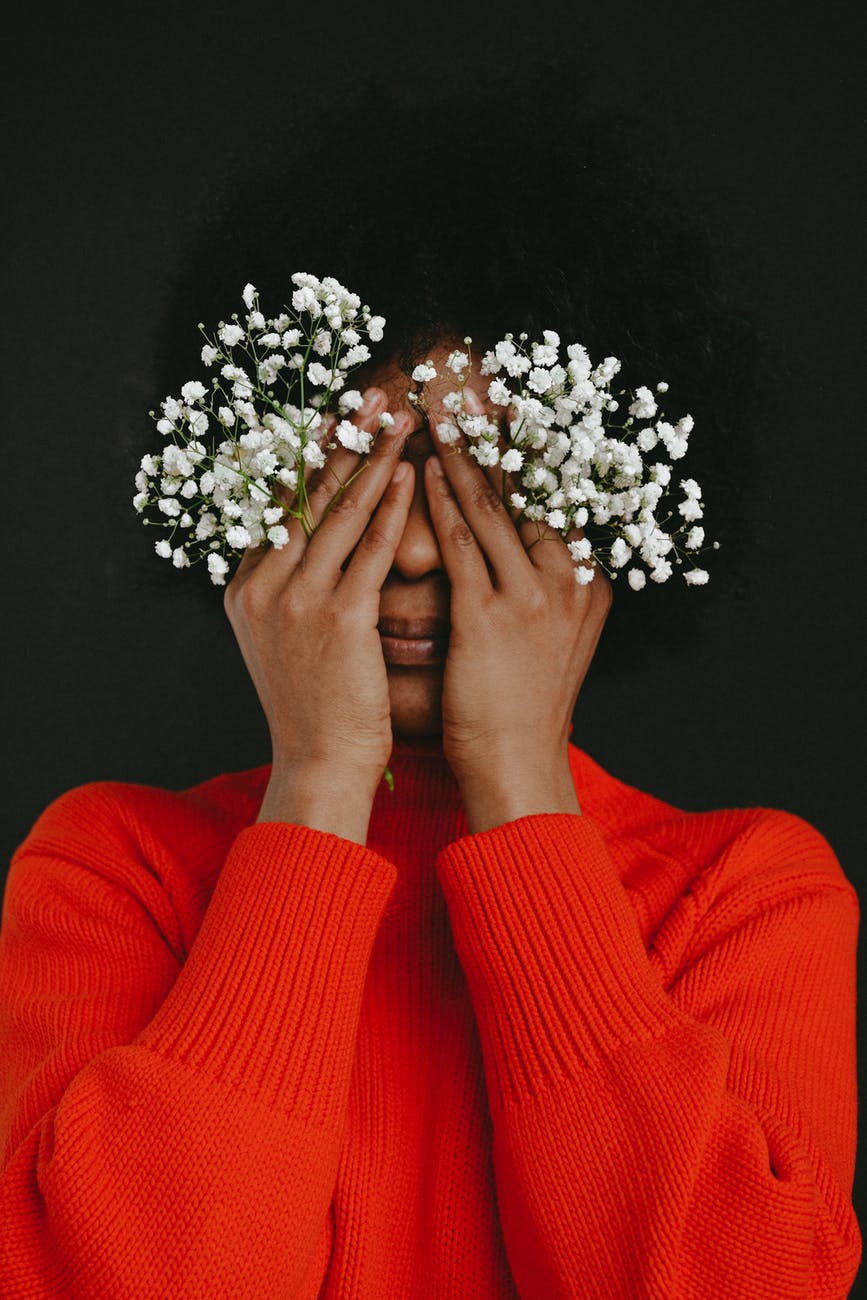By Thirupurasundari Sevvel
Country of Residence: India
How do I start? How do I explain my first realization that there is a practice called female genital mutilation? It was a typical day. During my master’s program in France, I was working with a couple of my friends talking about so many different random things. The topic shifted to sexuality, human rights, and how the female body is viewed. I said as long as the female body is looked at as property or a commodity, the problem won’t be solved. Everyone wants to take ownership. Anyone can talk about bodies or sexuality. They can try to shut us inside the doors of the world. But what we as women do with our bodies is in our hands.
“What if that essense of your body is taken from you?” a friend asked. “What if there is a sense of ugliness thrusted inside your mind about being sexual, and your sexual organ is scrapped and sewed up?”
Silence filled the room.
That’s how I learned about female genital mutilation. It was shocking to realize it is happening in India. I realized it has actually happened to someone I personally know, but someone who was defending the practice and saying, this is our culture and it’s not wrong. It was shocking that something I thought was happening in different parts of the world, has happened in the state I lived in. The friendship with her became strained because she felt I was talking against her religion, her faith, her family, and her community. For a second I thought–am I doing something wrong, am I intruding on someone’s faith? But her sister gave me another point of view of how it affected her emotionally, and I started meeting other women. That’s when I understood. It was social conditioning at play–being made to believe it is right and has to be done. There has been a lot of backlash, but even if one child could be spared or saved–the struggle would be worth it.
My friend has a daughter now and has taken a stand that she won’t do it to her. Our friendship isn’t public anymore since her family feels I am the reason for her becoming a rebel. When will they understand that it is a human rights violation?
In 2015, I started doing storytelling for adults and children on the topics of body positivity, FGM, the human body, understanding the body, and consent in the Tamil language. This is a very small way to create awareness and a basic step to change the social construct and mindset. The storytelling resonated with a lot of participants. We realized many wanted some time to talk to someone who could listen without judgment.
When we have a discussion, we start with this quotation from the book Desert Flower by Waris Dirie, who is a Somali model, author, actress, and human rights activist in the fight against FGM, and let each participant share points on what they feel about it. I feel that God made my body perfect the way I was born. Then man robbed me, took away my power, and left me a cripple. My womanhood was stolen. If God had wanted those body parts missing, why did he create them? I just pray that one day no woman will have to experience this pain. It will become a thing of the past. People will say, “Did you hear, female genital mutilation has been outlawed in Somalia?” Then the next country, and the next, and so on, until the world is safe for all women. What a happy day that will be, and that’s what I’m working toward. In’shallah, if God is willing, it will happen.
The impact of organizations, books, movies, videos, social media campaigns, study materials, and awareness posters is huge. The problem is that it’s a secretive ritual. As children, they may also think that it happens to every girl, or they may try to block the painful memory.
Sahiyo, which means female friend, started to engage in dialogue with the community to find a collective solution toward ending FGM. The materials, information, and stories shared created a lot of change and awareness. A video that came out in 2018 of three firsthand accounts of khata in India created an impact on social media. The work of Masooma Ranalvi, an FGM survivor and activist from India, founder of WeSpeakOut, has also created a lot of ripples and change. In February 2019, a group of women from the community urged political parties in India to take steps to end FGM in their community and made the issue part of their poll manifestos.
The collective works of these organizations and individual voices can put an end to this practice. There may not be many official records about FGM in India, but that does not mean it is not happening. It is a practice everyone should be against so that the girl children from the next generation do not undergo FGM. Speaking up is the only way forward.

